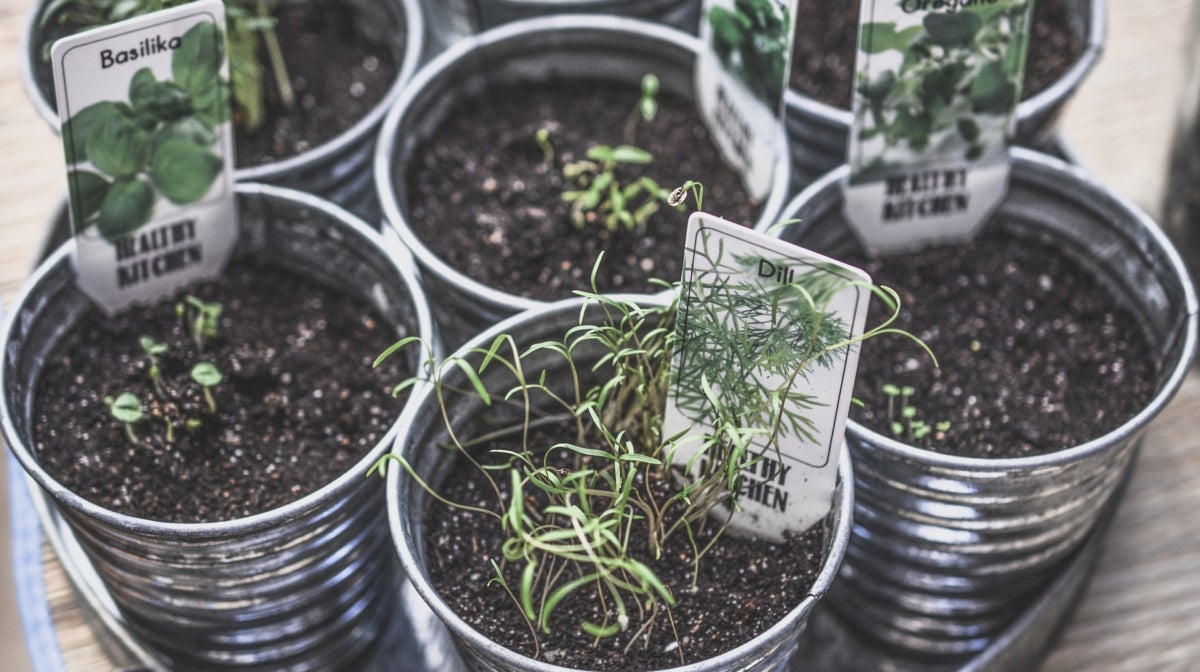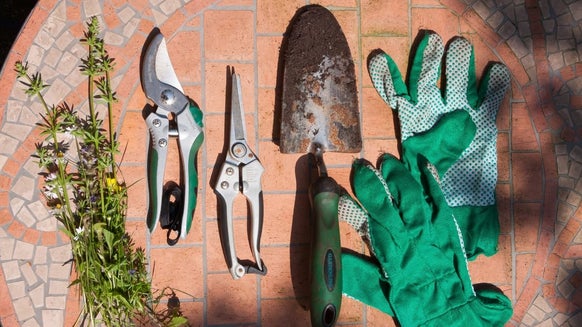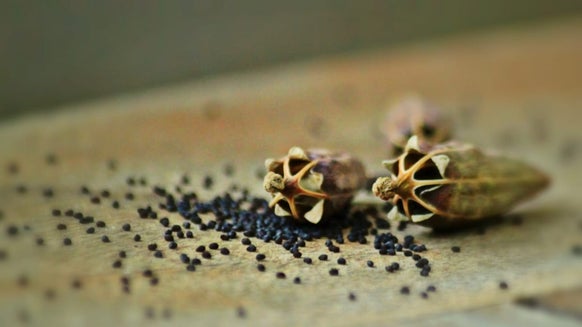What are the benefits of herbs and how to use them

Herbs have been in our diet for millennia. They are tasty and dress up any dish with just a couple of sprigs. Not only that, but there are many benefits of herbs; they reduce the need to use salt in cooking and results in a meal being more satisfying than a bland one, thus making us eat slower and enjoy our meals while keeping us fuller for longer without the need to snack.
With the grow-your-own revolution which has taken Britain by storm in recent years, Brits have started to look into growing herbs as part of their kitchen garden and companion planting, but herbs can be used in other ways as well. Many civilisations before us such as the Greeks, Romans and Egyptians have used herbs in the home; there are also cultures with a strong tradition in natural medicine such as Chinese, Arab and Indian who have used herbs to treat a variety of ailments. They are also used both in conventional and alternative medicine in teas, vitamins and supplements today.
Herbs can be used in an array of different ways; ointment, infusions and oils, but also decoctions and tinctures. We have compiled a list of the most common herbs and explain what they are used for.
Benefits of herbs
Rosemary – it contains antioxidants which calm inflammation. It also eases digestive cramps. Echinacea – it reduces symptoms of the common cold and it is said it is particularly good for kidney infections. Coriander – it reportedly manages cholesterol and blood sugar and it also lowers high blood pressure. Thyme – it is a strong in antioxidants and it also has antifungal and antiseptic properties. Garlic – reduces cholesterol level and blood pressure. It also treats infections. Aloe Vera – it’s a great choice to treat wounds and burns thanks to its healing components. Mint – helps with indigestion, bloating and common cold. Parsley – ideal to get rid of bad breath. It is reported to be an effective diuretic. Ginger – helps settle an upset stomach, soothes muscles and relieves stress. It also reduces nausea and boosts circulation. A good all-rounder! Chamomile – a great option for stress relief, anxiety and insomnia. Also seems to help with indigestion.
Sage – has very effective antiseptic and antibiotic properties. Also reputed to calm menopausal hot flushes when used with tea. Dill – fights bacteria and seems to relieve cramping. Pepper – an effective decongestant. Cinnamon – its antioxidants lower inflammation and it is reported to lower blood glucose concentrations in people with diabetes. Lavender – is it excellent at treating exhaustion and headaches and is a very effective aromatic oil. Cumin – it may help with weight loss. Basil – will help to replenish iron levels during Bay leaves – seems to be effective at treating wounds.
Ways of preparing herbs
Decoctions – boiling barks, roots and berries to extract the active ingredients. The liquid is then strained and can be taken hot or cold. Tinctures – soaking herbs in water and alcohol to extract and preserve the active ingredients. Infusions – essentially, a tea. Boiled water is poured over the herb and left to sit for 10 minutes. This creates a liquid which is to be taken as a hot drink or medicine.
Infused Oils – chopped herbs and oil. The mixture is either placed in a bowl over boiling water, or left to infuse in the sunlight. Creams – herbs and oil (or fat). Let the mixture simmer for 3 hours before it is strained and set in dark bottles. Ointments – also made of herbs and oil (or fat). Heated quickly over boiling water, strained and let to set.
Of course, we shouldn’t have to remind you that your first port of call should be to consult with your GP if you are genuinely concerned about your symptoms. These are just some examples of what you can make with herbs to improve your overall well-being.








